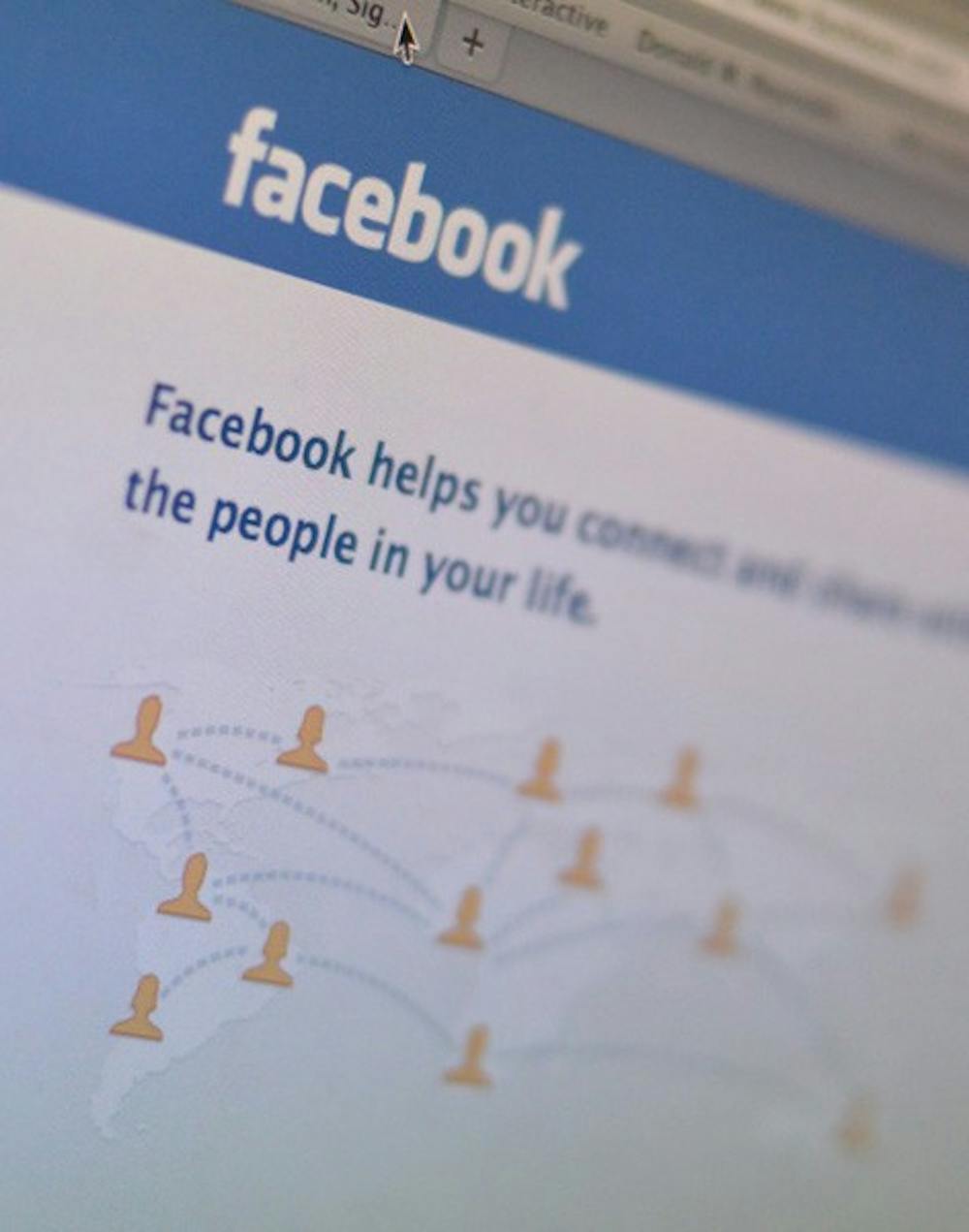Your professors may be wonderful, but they still don’t want you to add them as a friend on Facebook.
According to a recent study conducted by professors and graduate students at Ohio State University, 100 percent of pharmacy professors who had Facebook profiles said they would not send friend request to current students, but some said they would add past students.
Researchers found that out of the 95 pharmacy professors surveyed, roughly 4 out of 5 were not friends with their students on Facebook, and professors who were gave limited access to students, according to the university’s website.
The study out of OSU is one of the first to explore college professors’ use of social networking for interacting with their students, and results were published in the American Journal of Pharmaceutical Education.
Estrella Community College photography sophomore Sarah Lechuga said she sees no problem with maintaining virtual relationships with professors.
“I’ve been friends with a professor on Facebook,” she said.
But communication senior Paige Wilson said she is not friends with any of her professors on Facebook, and has no intention of extending that relationship beyond the classroom.
“I do not understand why students would want to be friends with their professors on Facebook, unless they have that type of relationship, which I doubt would necessarily be appropriate,” Wilson said.
Adding a professor would be an excuse to see what their professors’ lives are like on a personal level, she said, which isn’t appropriate or professional.
Even professors who use Facebook as a means of communicating with their class to create discussions and reminders is unnecessary, she said.
“They are grown-ups and can check their e-mail or use the school’s system to do schoolwork and use Facebook as a place to socialize with their friends,” Wilson said.
Despite some criticism, Italian professor Enrico Minardi maintains a Facebook page for the purpose of communicating with his students and allowing those students to connect with one another.
“I don’t use Facebook in my personal life. I don’t care,” Minardi said. “I started using it for classes at this University because I have found problems ... communicating with students has become an issue.”
Minardi said he was told by students that Facebook would be an effective instrument in keeping students involved with the material.
“I used to use Blackboard to communicate, but it didn’t work,” he said. “Here the University is so big that students often don’t know that they have an ASU e-mail account. If they have it they don’t use it.”
The use of Facebook in creating discussions, events and getting students engaged in the classroom has been a success, he said.
“My classes have improved very, very much this semester,” Minradi said. “I’m very happy.”
Minradi has been told that using Facebook as a learning tool is unprofessional, but said it works better than other tools because students are involved with social networking daily.
“They never really leave class,” he said.
Reach the reporter at ktenagli@asu.edu





